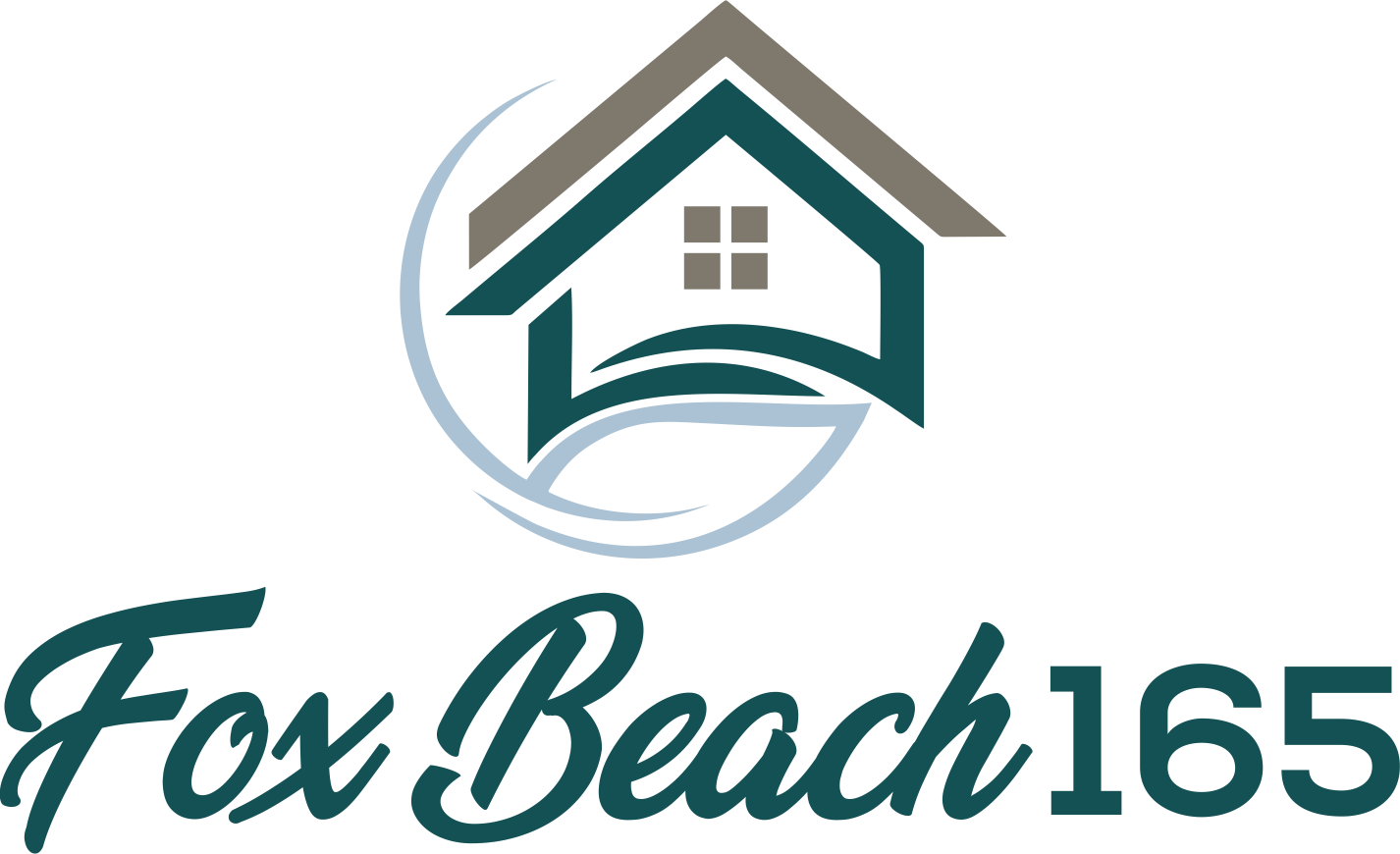The Oakwood Beach Story
Prep Time: 4 months Cook Time: 7.8 months Yield: 185 homes
Ingredients:
Repeatedly flooded county or city
One Catastrophic Event (Sandy)
Several federal agencies and programs including FEMA, HUD, CDBG
At least 2 successful buyout templates (Nashville TN, Essex NY)
Up to 8 community leaders (Oakwood Beach Buyout Committee)
1 Governor
Experienced contract processor (ProSource)
3-4 Local Officials (Congressman, State Assembly, State Senate)
Selected Press (local, city, state)
2 local meeting places (community, committee)
As Much Documented History of Flooding and Community Response you can find
At least 10 testimonials of residents
A lot, a lot of research
Trust
1. Assess Catastrophe
It will most likely take several weeks before affected residents and businesses can process much of anything. But walking the neighborhood during those weeks will have neighbors talking and relying on one another.
2. Identify Local Officials
Identify Local Officials and Press and set aside.
3. Hold the meeting
Find an acceptable local meeting place big enough so that it will accommodate the potential number of participants. This will aid greatly in getting participants to feel comfortable and perhaps simmer down.
4. Identify Boundaries
The area should be easy to identify after a storm as affected residents step forward. Add Community Leaders and mix thoroughly.
5. Create a Presentation
Select a meeting place for Community Leaders to gather on a regular basis. Using the buyout templates from successfully run programs, carefully map the boundaries of the area and make sure that all residents are aware of your efforts. Set aside map. Using Research, gather documentation of History of Flooding for the area and further document how the community responded. Stir in FEMA requirements, making sure that the information that you have gathered proves that your area qualifies. Top off with Testimonials from Residents. Do not let cool.
6. Find Participants
Community Leaders should first take presentation to Community members and have each sign a document that they recognize that the program is voluntary and that they would like to participate. Show that your community is UNITED and ORGANIZED. Add Press and Elected Officials according to taste.
7. Present to Governor
By now the Governor will know what you are up to. Let the Governor decide how to process the buyout through CDBG. Contact Congressman and bake for two months and wait for federal approval. Make certain that all community participants hand in all required paperwork to Contract Processor. Let stand for 6 months.








